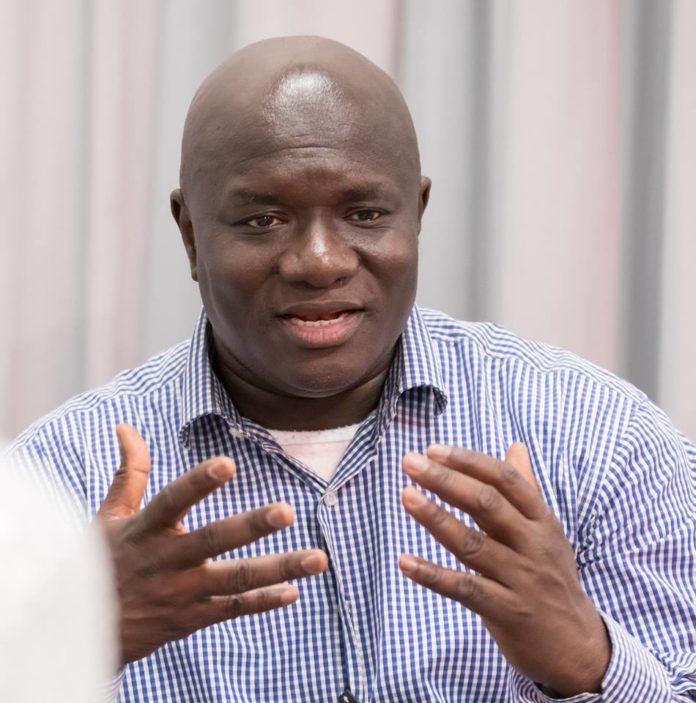By Madi Jobarteh
Since 2018 the number of strikes in our institutions of higher learning indeed call for concern as to the kind of leadership and management that these institutions are obtaining from the President, the Minister for higher education and the various management heads of these institutions. It is either students are protesting or lecturers and other staffs are on strike against their deplorable working environment including undesirable learning and teaching facilities and services and low welfare. These actions are indeed a major challenge to the education of students and the welfare of staffs which also affect the overall development of the Gambia.
The fact is that the state of public higher institutions leaves much to be desired. Visit the Gambia College and UTG campuses in Brikama to see the poor facilities and services there as if these are not learning and knowledge centres and inhabited by human beings. As institutions of higher learning, it means they are the primary producers of the thinkers, inventors, engineers, technicians and policymakers of the nation. Hence, the place where we mould minds to create new possibilities for the present and future of society indeed deserve utmost attention and quality.
When you visit the auditorium at the law Faculty, it is obvious that that hall does not fit for a university hall. The basic tools necessary for a university hall to allow for convenient display and sharing of information and teaching do not exist. There are no permanent presentation tools installed nor are there any public address systems, not to mention strong Wi-Fi, among other services. Overall, the set-up of that hall and the entire faculty facilities are just substandard. From Brikama campuses to MDI, GTTI and UTG Law Faculty including RDI in Mansa Konko, toilet facilities, classrooms, dining halls and dormitories are so poor and dilapidated that they are an insult to students and staffs.
Coming to the current strike by UTG staff, it is obvious from the issues they raised indicate failure of leadership from the President as the Chancellor, and the Minister of Higher Education, the Vice Chancellor as well as the National Assembly committee on higher education and the Governing Council including the Vice Chancellor. The various operational, management and leadership issues raised should not have occurred in the first place if indeed higher education has been managed responsibly by these authorities. But it is clear that these issues have never been prioritised to ensure that the needs, welfare and progress of UTG is guaranteed.
The Gambia cannot afford to have poor quality university and college education which will not only be a waste of public resources but also a severe retardment of national development. Poor quality infrastructure, inadequate facilities and erratic services coupled with poor leadership undermine the quality of education of a university. These are what demotivate staffs especially the lecturers hence weaken learning and teaching to a level that citizens lose the urge and need for higher education altogether. That would be a national disaster!
Therefore, the National Assembly should summon the Minister of Higher Education Badara Alieu Joof to find out why public institutions of higher education are in shambles. Why is his Ministry not providing the right leadership to ensure that there is viable and enhanced higher education in the country? It is absolutely clear that UTG and other public higher education institutions are not on the right footing simply because of the failure of leadership from his ministry and the UTG. The fact is quality is dwindling in the University of the Gambia in every respect, and this must be arrested now and not later. The striking UTG staffs must therefore be heard and their concerns must be addressed.
No country must joke with higher education because it is in higher education that the builders of the nation are produced. A university is a national asset that must respond to the needs and future of the nation. There is no society that has advanced in modern times without university education, whose purpose is to conduct research and provide learning in order to mould minds, generate enlightened ideas and change society. But a university can only serve that purpose if the necessary investments are made within the framework of proper management that is transparent and accountable. Unfortunately, UTG is hugely underserved, poorly managed and led and neglected by the Government. This is unacceptable.
For The Gambia Our Homeland




